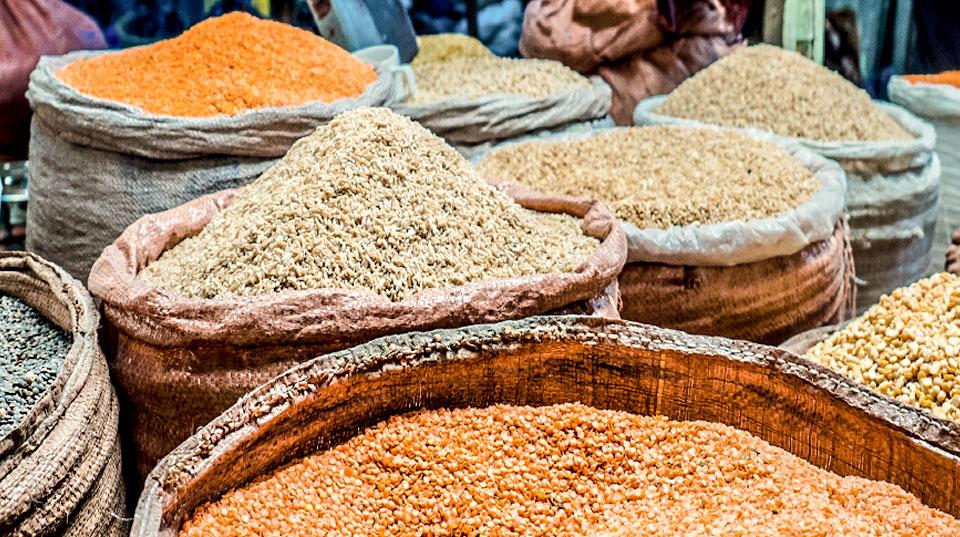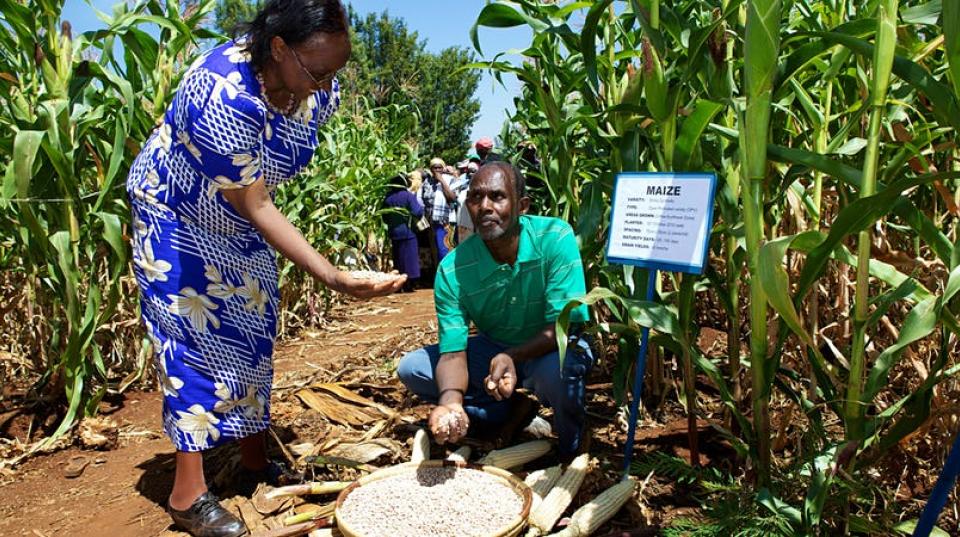Overview
This program was part of the Australia Food Security Initiative for Africa. It built substantially on completed ACIAR projects in Kenya, Malawi, Zimbabwe and Mozambique. It focused on maize as the main staple and legumes as an important dietary protein source for the rural poor. Combined rainfed maize-legume cropping systems show considerable promise in boosting productivity and helping reverse the decline in soil fertility that is a fundamental cause of low smallholder productivity in the region.
To intensify maize-legume cropping systems in a sustainable way while reducing yield variability requires an integrated approach to the complex production and marketing system for these crops. Through participatory research and development with farmers, extension agencies, non-government organisations (NGOs) and agribusiness along the value chains, the program aimed to improve maize and legume productivity by 30% and to reduce the expected downside yield risk by 30% on approximately 500,000 farms within 10 years.





